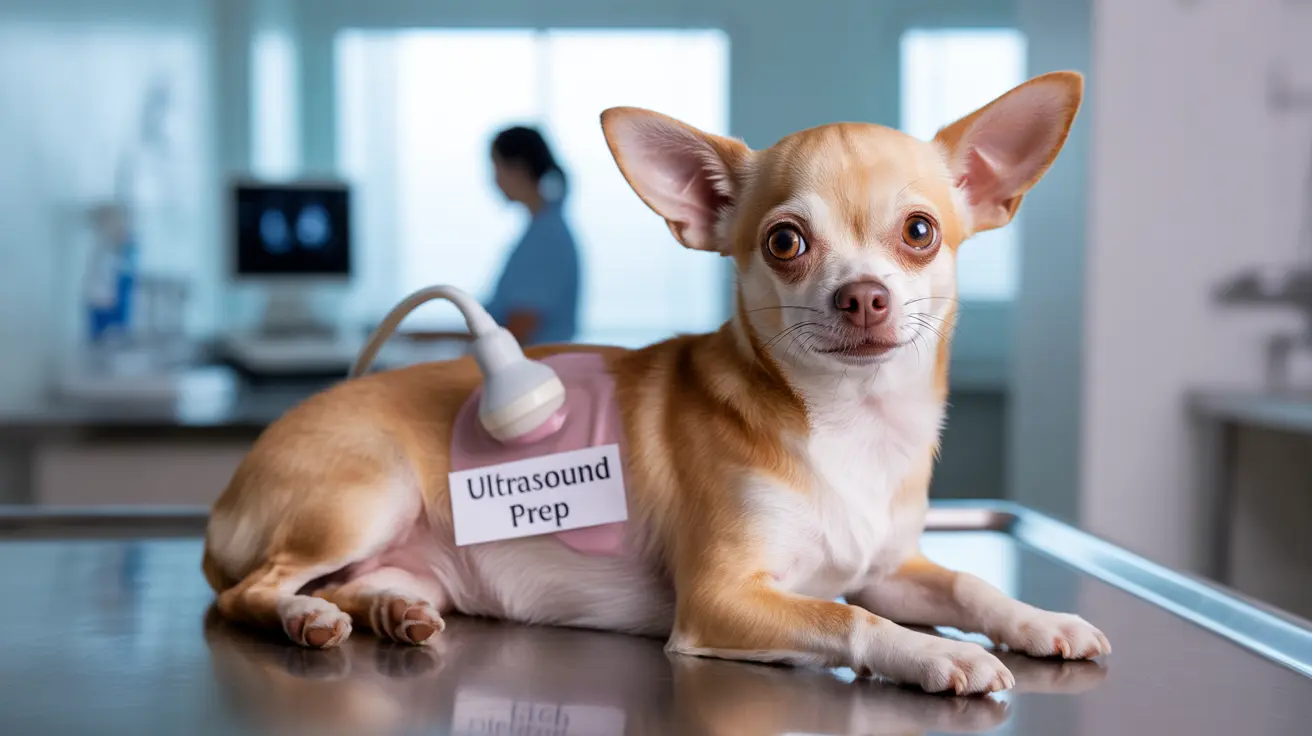Understanding Dog Ultrasound Costs
When your veterinarian recommends an ultrasound for your dog, understanding the associated costs and factors that influence pricing can help you make informed decisions about your pet's care. Dog ultrasounds typically range from $300 to $1,000, with a national average of approximately $453.
The significant variation in pricing reflects differences in geographical location, the type of ultrasound needed, and the facility providing the service. This comprehensive guide will break down everything you need to know about dog ultrasound costs and what influences them.
Breaking Down Ultrasound Costs by Type
General Practice vs. Specialist Facilities
Primary care veterinarians typically charge between $200 and $350 for basic ultrasounds. These costs generally cover the procedure itself, though consultation fees may be additional. Specialist facilities, particularly those with board-certified radiologists, often charge higher rates ranging from $400 to $900.
Types of Ultrasound Procedures
Different ultrasound procedures come with varying price points:
- Abdominal ultrasounds: $348-$900
- Cardiac ultrasounds (echocardiograms): $331-$805
- Pregnancy checks: Generally lower cost
- Emergency ultrasounds: Premium pricing applies
Factors Affecting Ultrasound Costs
Geographic Location
Urban areas and regions with higher costs of living typically command higher prices for veterinary services, including ultrasounds. Rural areas often offer more competitive pricing, though access to specialist facilities may be limited.
Facility Type and Expertise
The level of expertise and equipment quality significantly impacts pricing:
- General practice clinics: Lower-cost options
- Specialty hospitals: Higher prices but advanced expertise
- Emergency facilities: Premium pricing for urgent care
- Teaching hospitals: May offer competitive pricing
Insurance Coverage and Payment Options
Many pet insurance plans cover diagnostic ultrasounds when medically necessary. Coverage typically ranges from 70% to 90% of the cost after meeting your deductible. However, pre-existing conditions and routine pregnancy checks are often excluded.
For those without insurance, many veterinary clinics offer payment plans or accept CareCredit, a healthcare credit card that can help manage unexpected veterinary expenses.
Preparing for Your Dog's Ultrasound
Understanding what to expect can help minimize additional costs:
- Fasting may be required (usually 8-12 hours)
- Shaving of the examination area is often necessary
- Sedation costs may apply for anxious pets
- Additional tests might be recommended based on findings
Frequently Asked Questions
What is the average cost of an ultrasound for dogs, and what factors affect this price?
The national average cost for dog ultrasounds is $453, with prices ranging from $300 to $1,000. Factors affecting price include geographic location, facility type, specialist involvement, and whether it's an emergency procedure.
How does pet insurance typically cover dog ultrasounds, and what are the common exclusions?
Most pet insurance plans cover diagnostic ultrasounds at 70-90% after deductibles. Common exclusions include pre-existing conditions, routine pregnancy checks, and preventive care ultrasounds.
What are the main uses of ultrasounds in veterinary care for dogs, and how do they differ from X-rays?
Ultrasounds are used to examine soft tissues, organs, and blood flow, and for pregnancy confirmation. Unlike X-rays, ultrasounds provide real-time imaging of organ function and don't use radiation, making them ideal for soft tissue examination.
How can I prepare my dog for an ultrasound, and are there any additional costs I should expect?
Prepare your dog by following fasting instructions if required. Additional costs may include consultation fees, sedation if needed, and any follow-up tests recommended based on findings.
Do all types of dog ultrasounds require sedation, and what are the implications for overall cost and procedure?
Not all ultrasounds require sedation. It's typically only needed for anxious pets or specific procedures. Sedation can add $50-$200 to the total cost but ensures accurate imaging results.
Conclusion
While dog ultrasound costs can vary significantly, understanding the factors that influence pricing can help you prepare for this important diagnostic tool. Consider pet insurance options and discuss payment plans with your veterinarian to manage costs effectively while ensuring your pet receives necessary care.






